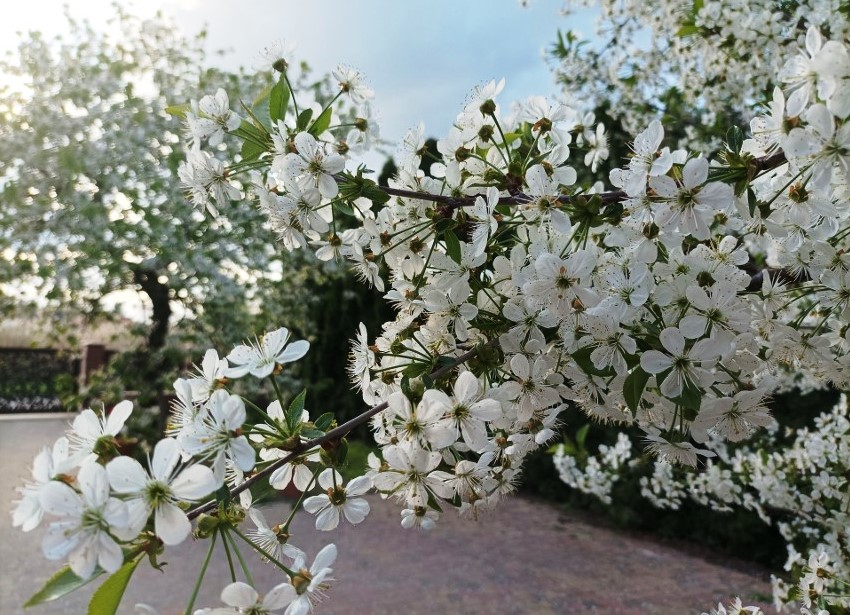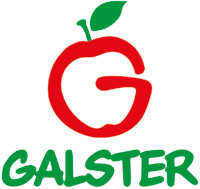
April 21, 2024 – Earlier warming caused not only trees in orchards to suddenly bloom, but also many other plants. This made the bees work less often in the orchards, and recently they returned to the hives. It’s too cold.
Plants of various species bloomed almost at the same time, from cherry and apple trees to, for example, forsythia and lilacs – said Paweł Pączka, president of the Galster Fruit Producers Group in Wierzchucice (Bydgoszcz poviat). – This creates problems because there are fewer pollinating insects in orchards.
Rapeseed wins the competition with orchards
- We have our own apiary with honey bees and before flowering, along with other activities in the orchards, we mowed the plants under the trees so that the bees would not choose, for example, common dandelion flowers – said Rafał Grochowalski, a fruit grower from Zduny (Brodnica poviat). – Unfortunately, there are fields with blooming rapeseed near the orchards. And in our orchards, pear trees are in full bloom and apple trees are starting to bloom.
- I don’t remember a year when rapeseeds started blooming so early, in our area from April 9, said Jacek Paul, vice-president of the Pomeranian-Kujawy Beekeepers’ Association. – This is bad for orchard farmers, because bees, given the choice between blooming rapeseed or flowers in orchards, will choose rapeseed.
Mason bees and bumblebees also work on trees
- Honey bees will indeed choose to feed in rapeseed fields, but, for example, mason bees collect pollen and nectar from flowers usually up to 300 m from the nest – said Małgorzata Kołacz, chief specialist in horticulture and plant protection from KPODR in Minikowo, who pointed out that the bees had previously worked also on fruit trees.
And not only mason bees, but also bumblebees work in the orchards of Wierzucice. Despite this, insects could not keep up with pollination, especially since the flowering time was shortened this year.
The bees are too cold, they don’t leave the hives
Fruit growers also point out that mason bees also work when the weather conditions are less favorable and it is colder. Unfortunately, the recent – such a significant – cooling is unfavorable for all pollinating insects.
In our country, the mercury shows six degrees Celsius, and at such a temperature the bees do not leave the hives – said Jacek Paul, who has a family apiary near Gniewków, on April 16 (in the morning).
- It’s 7-8 degrees C here – added Rafał Grochowalski. – Bees don’t fly, so it can be assumed that this will result in smaller fruit harvests. It is windy, and some studies show that the wind also affects pollination, although the main pollinators are bees.
Due to the windy weather, the grass in many orchards was covered with white flakes, mainly from cherry trees. The cherries are in full bloom, as are the pear trees and some plum trees. Apple trees are most often just entering this period.
Frosts can reduce crops
Sudden temperature drops cause great concern for fruit growers. Especially since more cooling is possible in the coming days, and there may even be frost at night.
- If the flowers on the trees are already open, any negative temperature is not good for them – added Paweł Pączka. – At minus two degrees, losses can be significant, but minus four degrees Celsius (for an hour or two, during windy weather) is deadly.
Orchard growers are preparing to fight possible frosts in orchards. They prepare, for example, to heat the air between trees and use treatments that thicken cell sap in trees.
With such capricious weather, they also expect an increase in fungal diseases. All this will translate into higher production costs. On fruit prices? Not necessarily, because the market is unstable.
